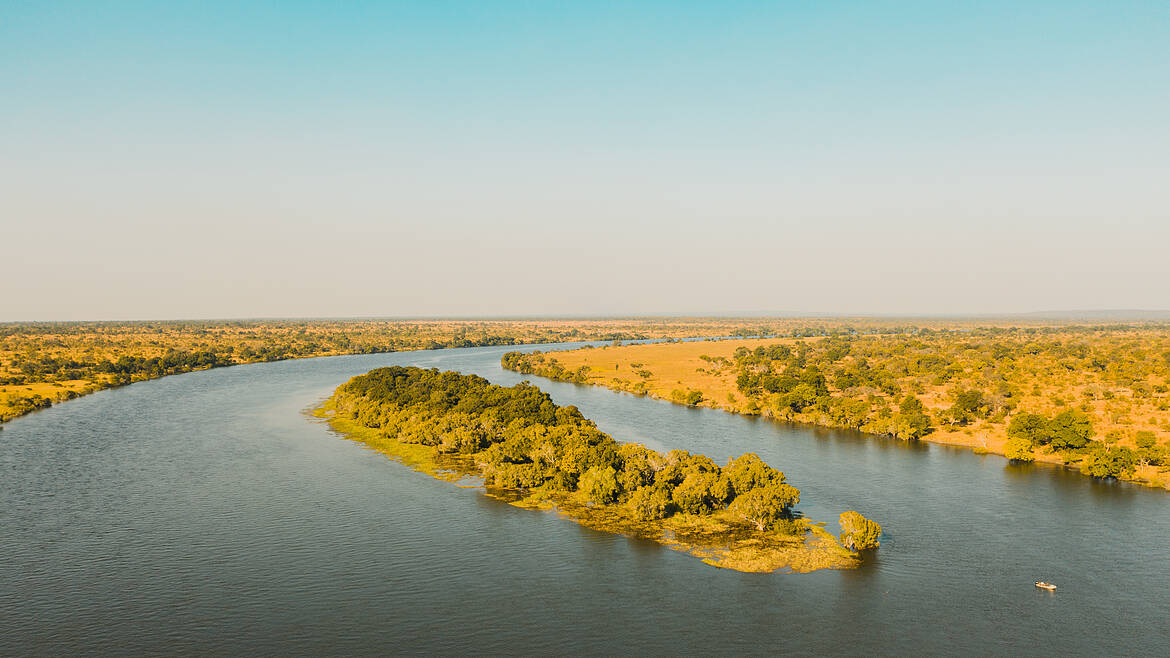DOREEN NAWA
Lusaka
A SENIOR researcher at International Water Management Institute (IMWI), Everisto Mapedza says hope has grown for the Kafue River Basin’s restoration as stakeholders continue to engage in innovative platforms and commit to actionable solutions.
In an interview, Dr Mapedza said rescuing the Kafue River Basin calls for collaborative action.
The Kafue River Basin, a lifeline for Zambia’s economy and communities, is facing unprecedented challenges.
As one of the most critical ecosystems in the country, it supports agriculture, hydropower, mining, fishing, and diverse livelihoods yet increasing pressure from economic activities, environmental degradation, and climate change threatens its sustainability.
The need for a united effort to rescue the basin has never been more urgent.
Dr Mapedza highlighted the importance of collaboration in tackling these complex challenges.
“The Kafue River Basin represents the heart of Zambia’s development. However, its survival depends on how well we, as stakeholders, can come together to balance competing interests and preserve this vital resource,” he said.
He said currently, an initiative to restore the resource is under way through funding from it’s cooperating partners.
He said this funding of US$60,000 has enabled stakeholders from diverse sectors—community leaders, government, private enterprises, and non-governmental organisations to come together and strategise on the restoration by carrying out engagements to access and innovate ways to conserve the resource.
Dr Mapedza said local knowledge is a pillar for change.
He said community leaders bring a wealth of experience to the table, offering innovative solutions rooted in traditional practices.
Dr Mapedza said by incorporating this knowledge into policy frameworks, decision-makers can ensure that interventions are not only effective but also culturally appropriate and sustainable.
He said rescuing the basin requires tackling pressing issues like addressing deforestation and land degradation.
He said competing water needs for agriculture, hydropower, and households necessitate a balance between equity and efficiency.
He said rescuing the Kafue River Basin is not just an environmental necessity—it is a pathway to ensuring Zambia’s long-term economic and social stability.
“We must view the basin as a shared resource. It’s only through collaboration, inclusive governance, and mutual accountability that we can create a sustainable future,” he said


